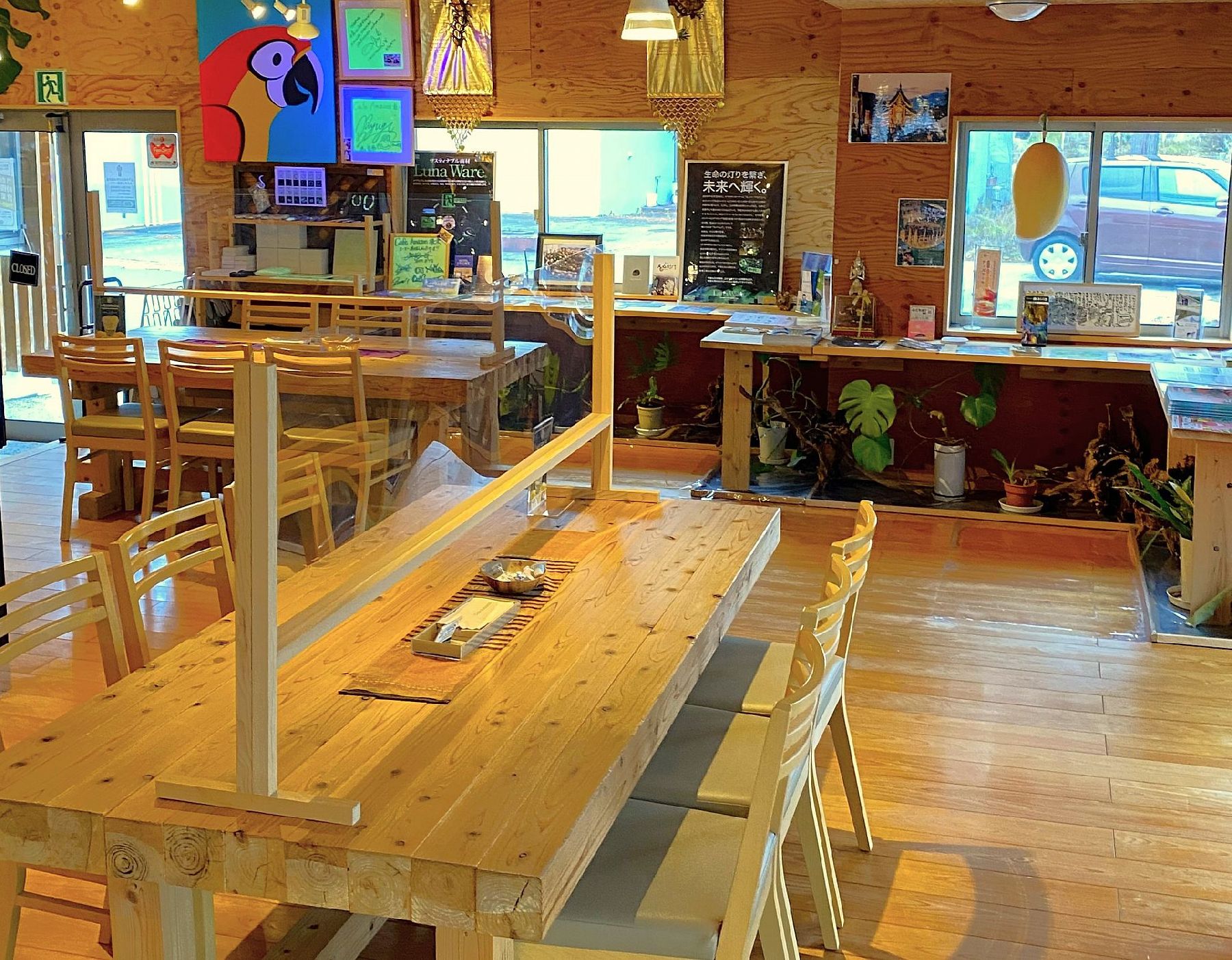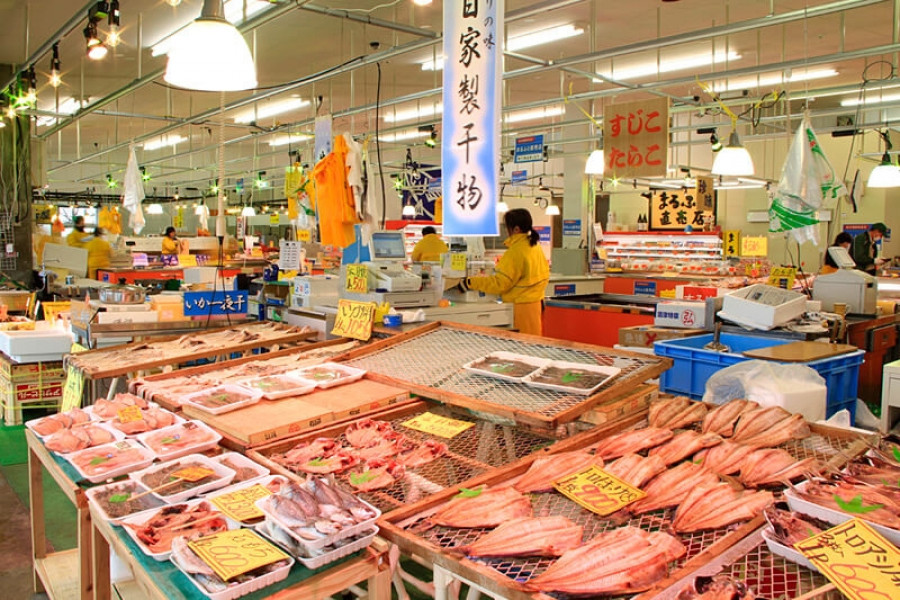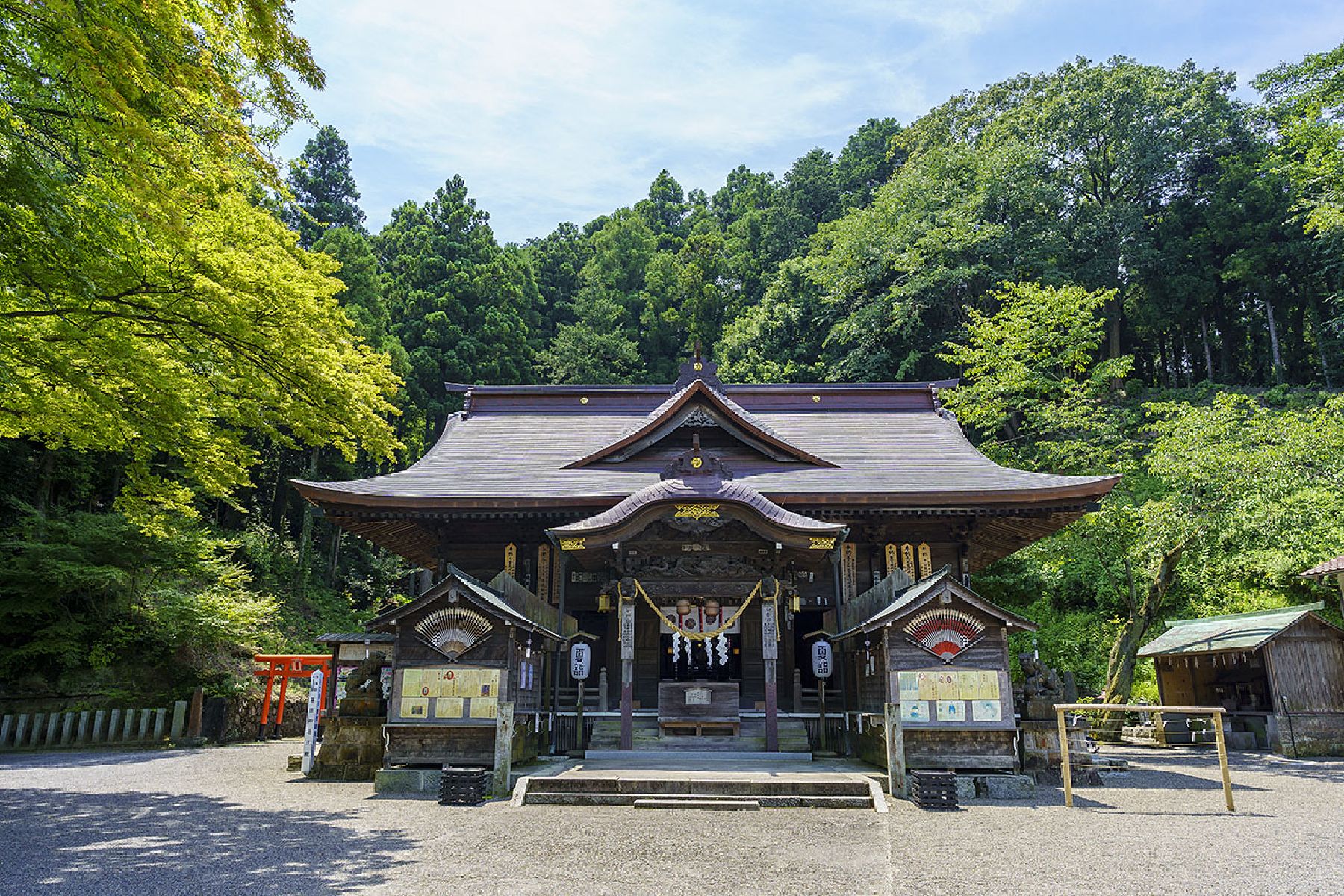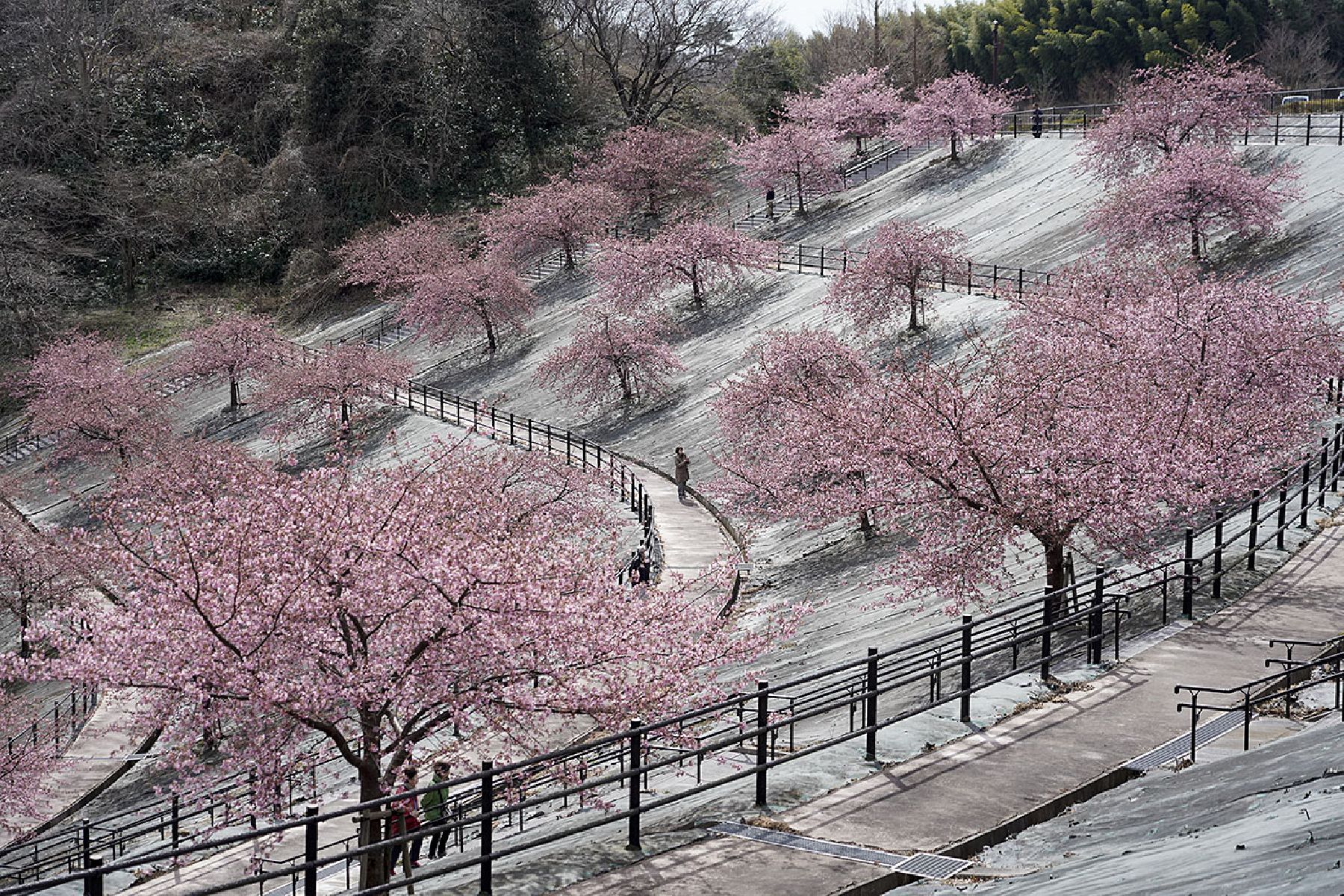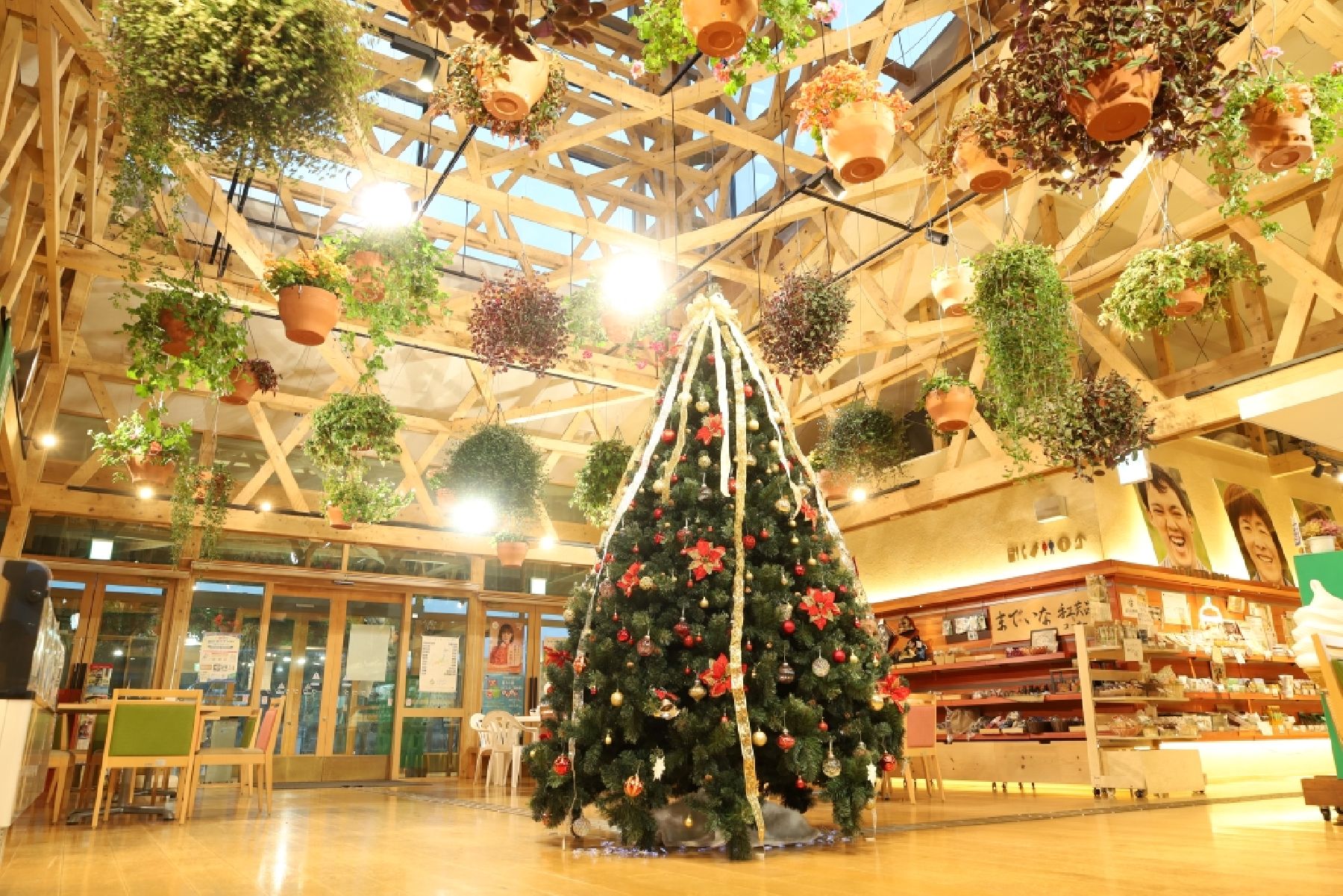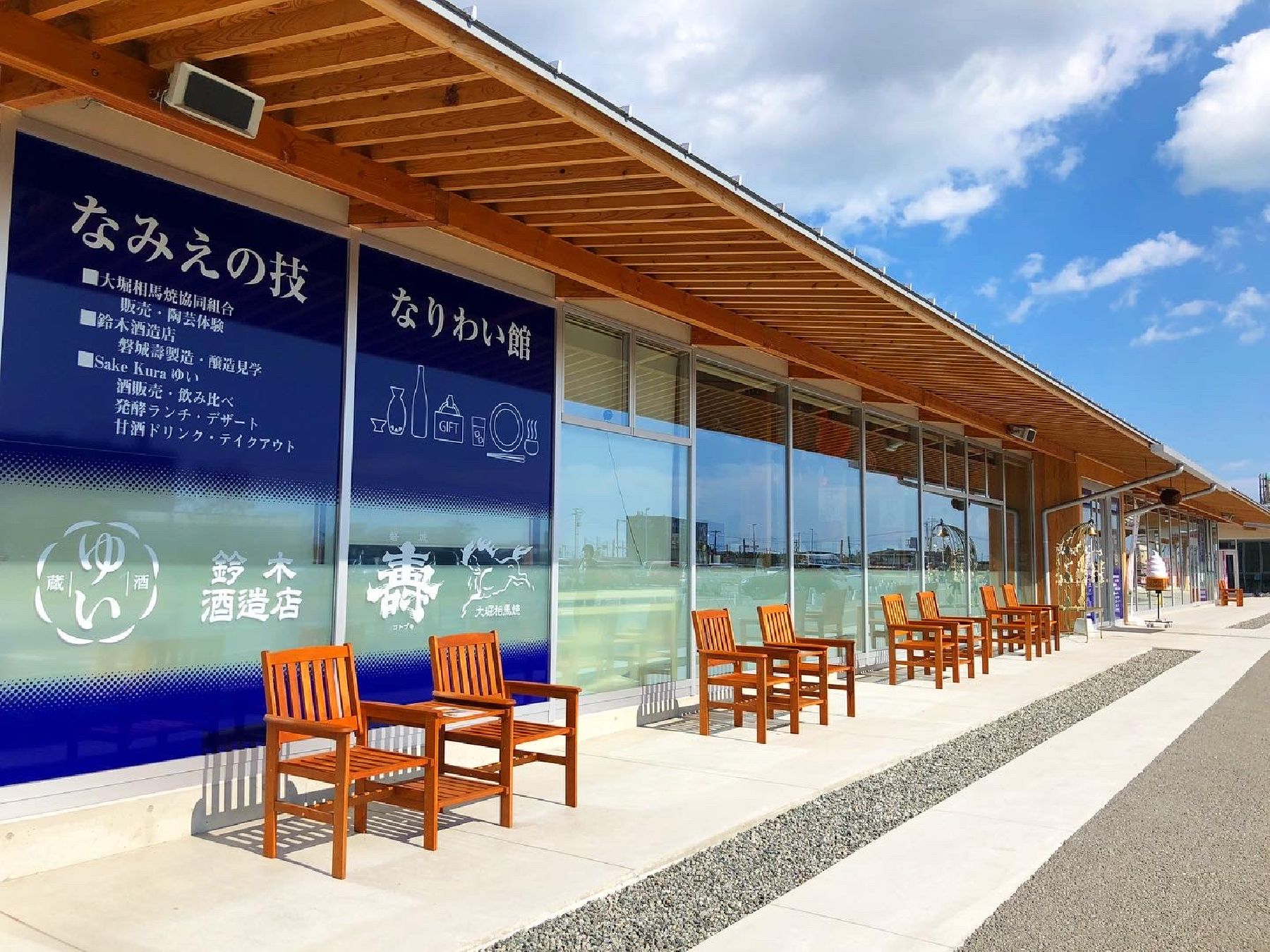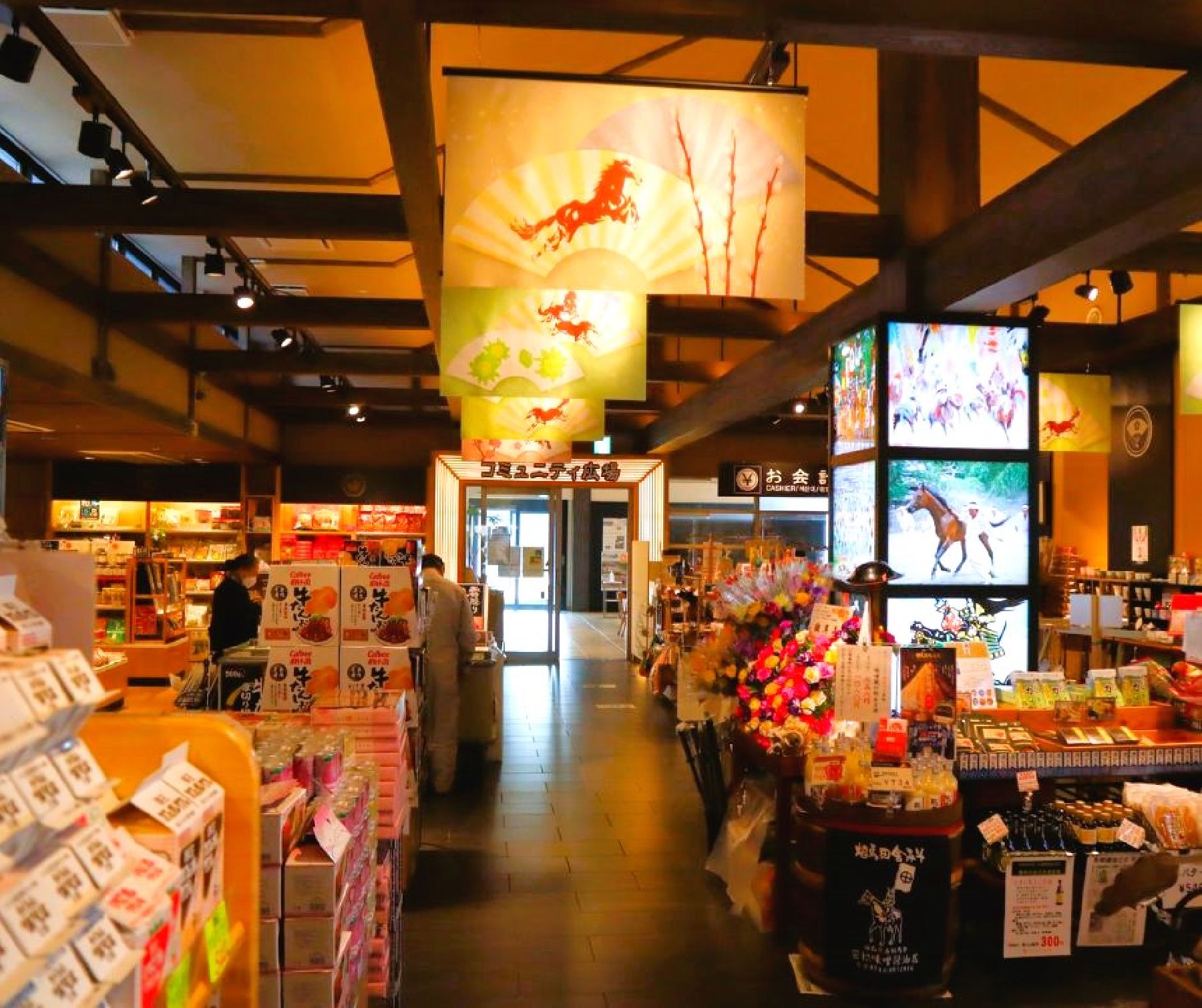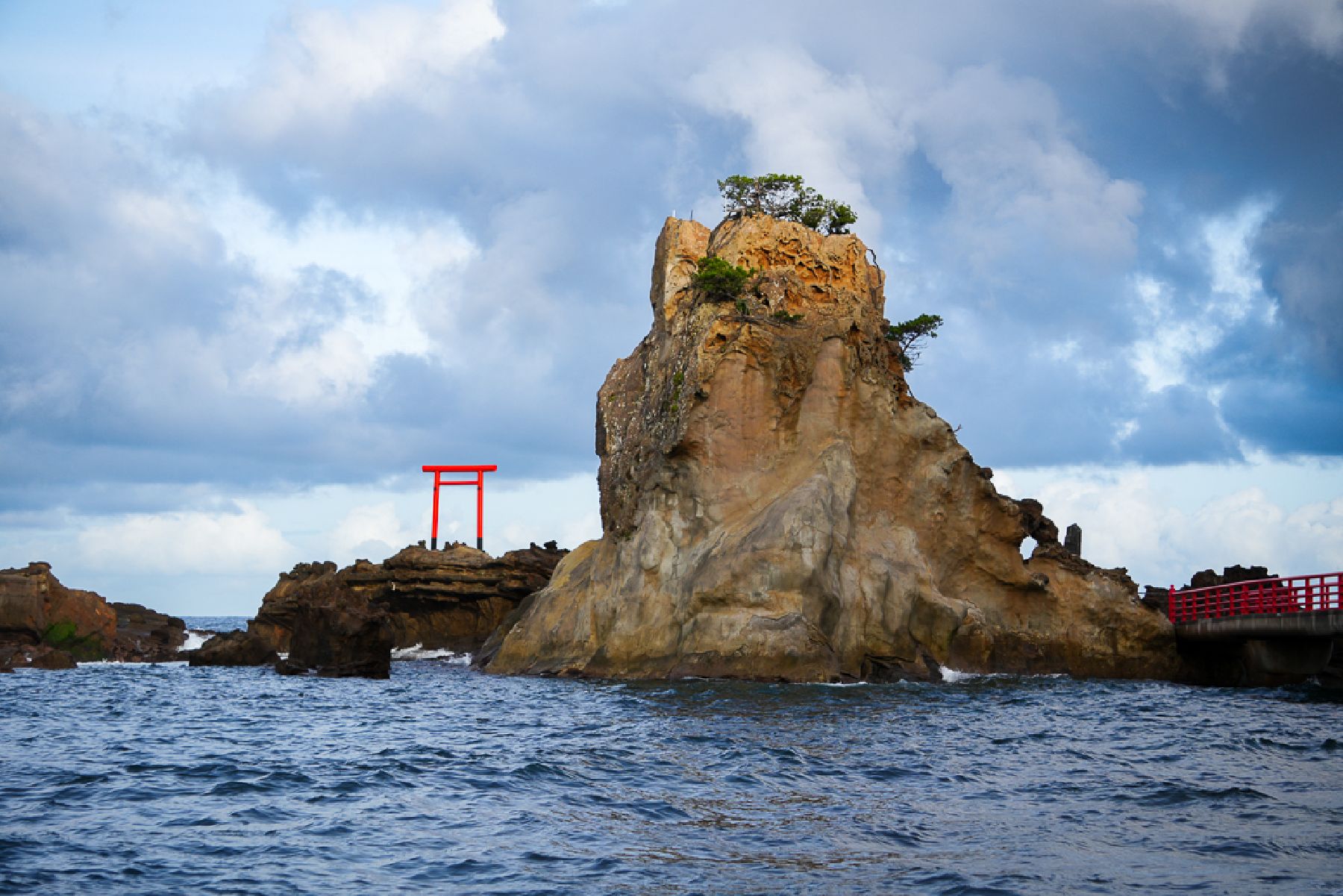
Bentenjima
In a crescent shaped cove separated from the mainland on the small island known as Bentenjima Island, you will find the mysterious Bentenjima Shrine. The vermillion painted tori gate stands out against the jagged stone and the powerful waves. It is believed that the shrine was land based until an earthquake that occurred in 1410 resulted in the formation of this jagged rock island. The construction date of the original shrine is unknown. The island is also known as Wanigafuchi because, according to legend, a creature known as a “wanizame” (crocodile shark) lived on the island. Half crocodile, half shark, this creature can be seen in many old Japanese paintings. The creature may have been believed to cause the swirling water and violent waves that crashed against the rocks, sometimes resulting in people getting swept into the water. Another legend suggests that the wanizame once kidnapped a young woman from Iwaki who had wandered out to explore the island.This coast is lined with small round pebbles that shine when the water hits them. However, do not take any of these pebbles home, as legend says that anyone who takes pebbles home from this coast will suffer from eye disease. This area was once a very popular destination for tourists and the Iwaki city website linked below features many photos. Although the page is in Japanese, it's viewable using the translation function on web browsers.Hattachi-Yakushi Temple is located near the shrine and is worth visiting, but please do not park there while accessing Bentenjima as it is disrespectful to the temple monks and patrons.
